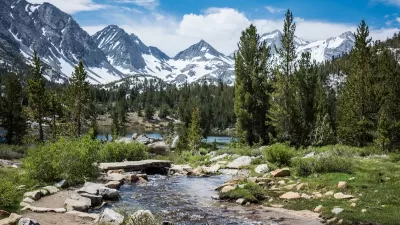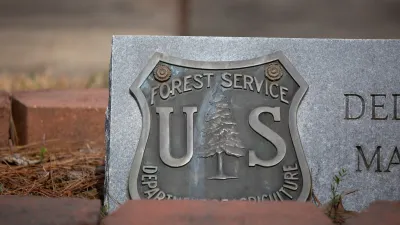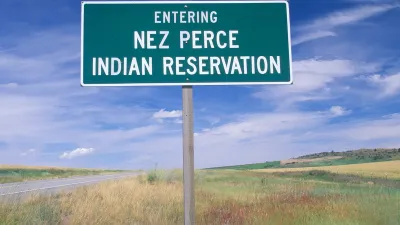Should the state dedicate five percent of its substantial oil and natural gas taxes to conservation efforts? Outdoors groups, hunters, and environmental activists say yes; energy companies say no, and millions of dollars are being spent on each side.
Appearing on the North Dakota ballot on Tuesday is Measure 5, an initiated constitutional amendment that "would redirect five percent of the state's oil extraction tax to a Clean Water, Wildlife, and Parks Trust and a Clean Water, Wildlife, and Parks Fund.[1]", according to Ballotpedia,
Daniel C. Vock, Governing’s transportation and infrastructure reporter, writes that the beneficiaries of the state's oil extraction tax have been diverse. "It has cut income and property taxes, built new roads and set aside more money for schools -- all while building up a sizable savings account."
Missing are measures the proponents want to see funded, "such as buying land (for conservation), creating parks, improving fish and wildlife habitats, preventing flooding, improving water quality and educating school children about the environment," writes Vock.
The main point of contention is whether it is wise to lock up as much as $150 million a year in state tax money for the foreseeable future when the growing state has so many other needs.
Critics of the measure don't want to reduce the amount of non-targeted oil tax revenues when the state is experiencing tremendous growth due to the burgeoning energy industry. The state is now the second largest oil producer after Texas.
Measure 5 was placed on the ballot by signature-gathering. "Ducks Unlimited is the biggest financial backer, pitching in $1.9 million of the $2.9 million raised by proponents so far," writes Vock.
The oil industry is leading the opposition, contributing nearly half of the $2.2 million raised by foes of the measure. Business groups, farmers and education advocates are also against the plan.
Readers might be interested in Governing's "2014 Ballot Measures That Matter Most for States and Localities: We're tracking more than 50 of the most important statewide ballot measures this year."
FULL STORY: North Dakota Fights over How to Spend Huge Oil Revenues

Alabama: Trump Terminates Settlements for Black Communities Harmed By Raw Sewage
Trump deemed the landmark civil rights agreement “illegal DEI and environmental justice policy.”

Planetizen Federal Action Tracker
A weekly monitor of how Trump’s orders and actions are impacting planners and planning in America.

Why Should We Subsidize Public Transportation?
Many public transit agencies face financial stress due to rising costs, declining fare revenue, and declining subsidies. Transit advocates must provide a strong business case for increasing public transit funding.

Phoenix Announces Opening Date for Light Rail Extension
The South Central extension will connect South Phoenix to downtown and other major hubs starting on June 7.

How Housing as a Financial Product Harms Communities
Institutional buyers who treat housing as an investment product become disconnected from the impacts of higher rents, displacement, and housing instability.

Blinded by the Light: When Brighter Headlights Decrease Safety
Bright LED headlights can create glare and reduce visibility for other drivers and pedestrians.
Urban Design for Planners 1: Software Tools
This six-course series explores essential urban design concepts using open source software and equips planners with the tools they need to participate fully in the urban design process.
Planning for Universal Design
Learn the tools for implementing Universal Design in planning regulations.
Caltrans
Smith Gee Studio
Institute for Housing and Urban Development Studies (IHS)
City of Grandview
Harvard GSD Executive Education
Toledo-Lucas County Plan Commissions
Salt Lake City
NYU Wagner Graduate School of Public Service





























